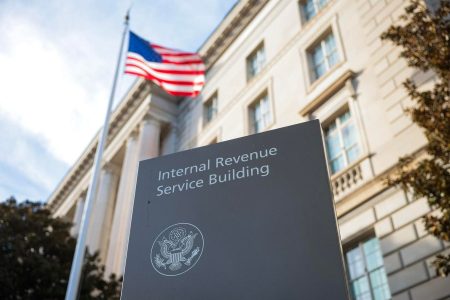Retiring in one’s 70s or later presents a unique set of financial planning considerations distinct from the traditional retirement model focused on individuals in their 60s. While much of the retirement planning literature centers around a retirement age of 65, the reality is that a growing number of individuals are working well into their 70s and even 80s, necessitating a revised approach to retirement planning. This later-life retirement requires adapting financial strategies, rethinking investment approaches, and acknowledging the specific challenges and opportunities that arise with advanced age.
For those retiring in their 70s, certain retirement milestones like Social Security and Medicare enrollment are typically already in place. The decision of when to claim Social Security benefits, often optimized by delaying until age 70, is likely settled, and Medicare enrollment at 65 should be completed. However, a review of Medicare options is still advisable, considering potential travel plans and healthcare needs in retirement. The focus shifts from accumulating wealth to managing existing assets. The question becomes not how much to save, but how to strategically utilize existing savings, considering Roth IRA conversions and Required Minimum Distributions (RMDs). The emphasis moves from portfolio growth to generating income to support retirement expenses.
Traditional retirement planning rules of thumb, such as the 4% withdrawal rule, require modification for those retiring later. The shorter anticipated retirement timeframe allows for potentially higher withdrawal rates without jeopardizing long-term financial security. Concerns about sequence of returns risk and inflation, while still relevant, are viewed through a different lens due to the shorter retirement horizon and potentially greater financial stability provided by Social Security, reduced housing costs, and other income sources. While market downturns and inflationary periods can still impact retirement finances, their long-term impact is lessened by the reduced time for these negative effects to compound.
RMDs become a central planning issue for those retiring in their 70s. The decision of whether to take the first RMD in the year of turning 73 or deferring it to the following April requires careful consideration of tax implications based on individual circumstances. Strategies like Qualified Longevity Annuity Contracts (QLACs) and Qualified Charitable Distributions (QCDs) offer avenues for managing RMDs and optimizing tax efficiency. These strategies transition from theoretical considerations in one’s 60s to practical tools for individuals actively managing their retirement income in their 70s.
Investment strategies also require adjustment. Target-date funds, designed to glide towards a specific retirement date, may no longer be suitable for those retiring later and may require reassessment and reallocation. Income annuities and annuity riders become increasingly relevant as life expectancy becomes clearer. Guaranteed Lifetime Withdrawal Benefits (GLWBs) offered by some annuities can provide a secure income stream, and their value often increases with age. These products can be valuable tools for supplementing retirement income and mitigating longevity risk.
Housing considerations take on a new dimension for those retiring in their 70s. The risks of frailty and long-term care needs become more immediate, prompting a proactive approach to housing decisions. Modifying existing homes for age-related needs, moving to age-restricted communities, or exploring Continuing Care Retirement Communities (CCRCs) become important considerations. These decisions require advance planning, particularly with CCRCs which may have waitlists and health requirements. Early consideration of housing needs allows for proactive planning and ensures access to appropriate living arrangements as needs evolve.
Finally, retirement in one’s 70s often represents a different life stage than retirement for those in their 60s. It may be the final chapter rather than the beginning of a new one, requiring a focus on addressing the specific challenges and opportunities of aging. Planning for social engagement, mitigating potential isolation, and understanding elder care resources becomes crucial. Recognizing the realities of aging and proactively addressing potential concerns ensures a smoother transition and allows for a fulfilling retirement experience. Retiring in one’s 70s offers the advantage of maximized Social Security and Medicare benefits, greater financial stability, and a clearer understanding of health and financial needs. With careful planning and consideration of the specific challenges and opportunities of later-life retirement, individuals can navigate this stage with confidence and enjoy a fulfilling and secure retirement.










